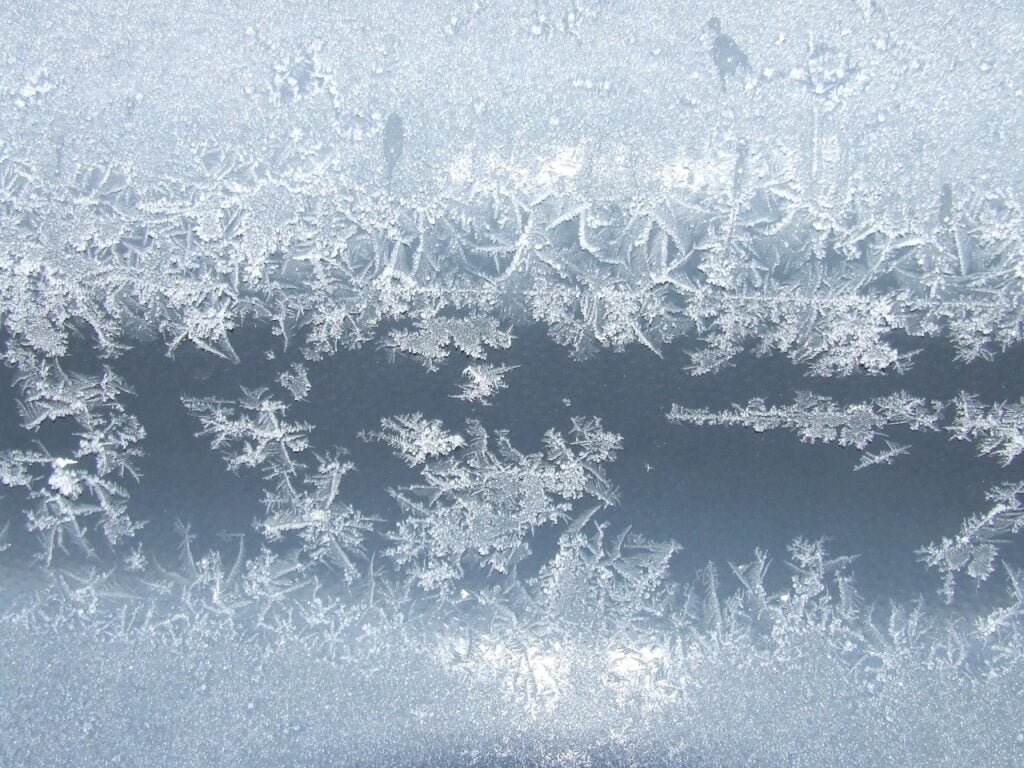Wil septic tanks freeze?
Yes, septic tanks can freeze, particularly in regions where temperatures drop below freezing for prolonged periods. The possibility of a septic tank freezing depends on several factors including depth of buried components, snow cover, and usage frequency. Here’s an overview of the issue:

Septic Tanks and Freezing Conditions
1. Causes of Septic Tank Freezing:
- Lack of Snow Cover: Snow acts as an insulating blanket over the septic system. Without it, the cold can penetrate deeper into the ground and potentially freeze the system.
- Infrequent Use: A home that’s vacant during winter or is used infrequently can be more prone to septic system freeze-ups because regular water use helps to keep the system warm.
- Compacted Snow or Soil: Driving or walking frequently over the drain field or septic tank can compact snow or soil, reducing its insulating effect and increasing the risk of freezing.
- Leaving the System Exposed: New installations late in the year without enough time for proper vegetation growth can leave the system exposed.
2. Signs of a Frozen Septic System:
- Slow Drains: This can be one of the first indicators, though slow drains can also be a sign of clogs or other issues.
- Sewage Backups: In severe cases, homeowners might notice wastewater backing up into the house.
- Gurgling Sounds: Unusual sounds in the plumbing system can be an indication.

SEPTIFIX will save you hundreds, if not thousands of dollars each year, because your septic system will run smoothly and you won’t have to worry about calling the pumpers or a plumber for a fix!
Click here to save up to 50%
3. Preventing Septic Tank Freeze-ups:
- Maintain Vegetation: Grass and plants act as insulation. It’s beneficial to have a well-maintained layer of vegetation over the system.
- Avoid Compacting Snow: Stay off the area of the septic system during winter months to prevent compacting snow and soil.
- Use It: Regular water use can help prevent freezing. If you’re planning on being away during cold months, having someone periodically use water in the home can be beneficial.
- Insulation: Adding more insulation, like straw or specialized septic tank insulating covers, can help, especially if the system is shallow or in an especially cold area.
- Repair Leaks: Dripping water can lead to ice formation. Ensure that all fixtures are properly maintained and that there’s no trickling water entering the system.
4. Addressing a Frozen Septic System:
- Don’t Add Antifreeze: It’s a common misconception that adding antifreeze to the system will solve the problem. This is harmful to the environment and can damage your septic system.
- Call a Professional: If you suspect your system has frozen, it’s best to get in touch with a septic system professional. They’ll have specialized equipment and knowledge to address the issue without causing further damage.
- Prevent Future Issues: After addressing a freeze-up, consider preventive measures for the future, such as adding insulation or adjusting your usage patterns in the cold months.
Conclusion of “Will septic tanks freeze?”
Freezing is just one of the challenges septic tank owners might face, especially in colder climates. By understanding the signs and taking preventive measures, homeowners can reduce the risk and potential damage of a frozen septic system. Always consult with a septic system professional when in doubt, as they can provide guidance tailored to your specific system and region.

SEPTIFIX will save you hundreds, if not thousands of dollars each year, because your septic system will run smoothly and you won’t have to worry about calling the pumpers or a plumber for a fix!
Click here to save up to 50%


